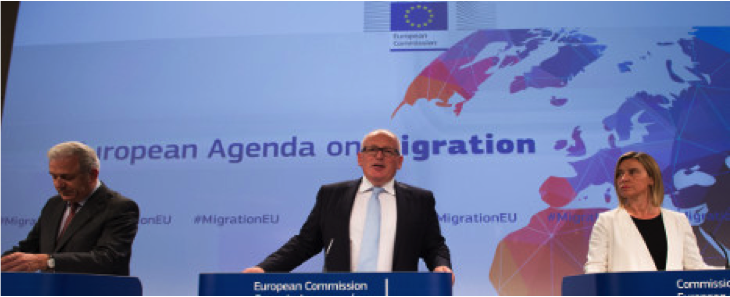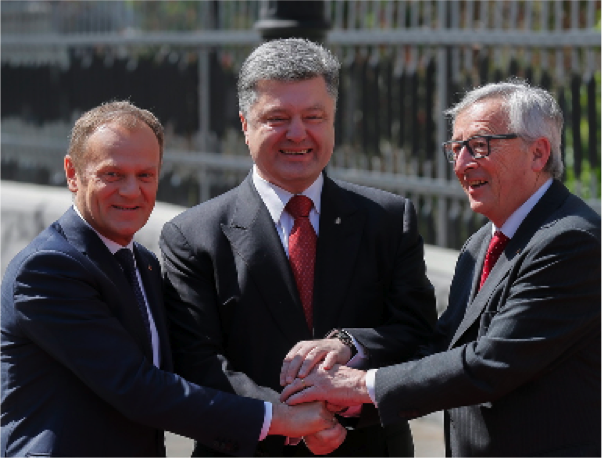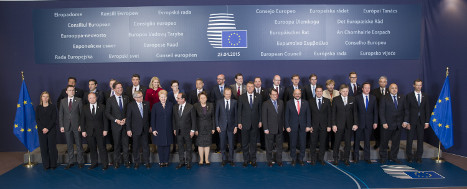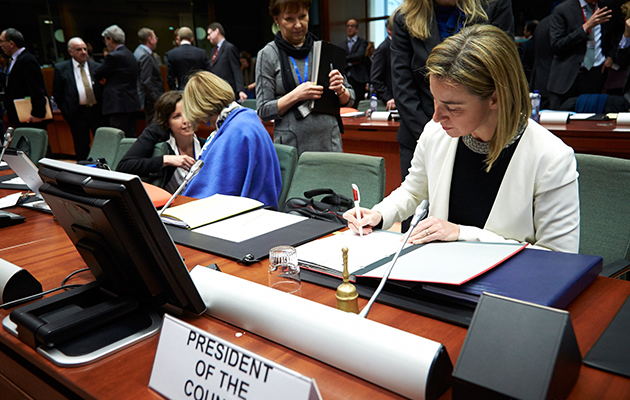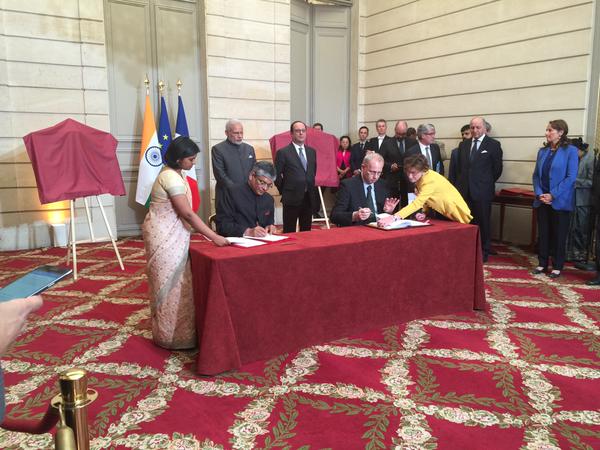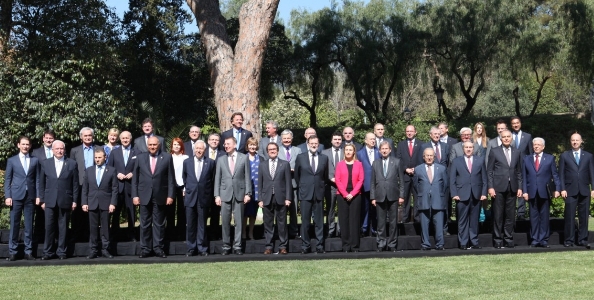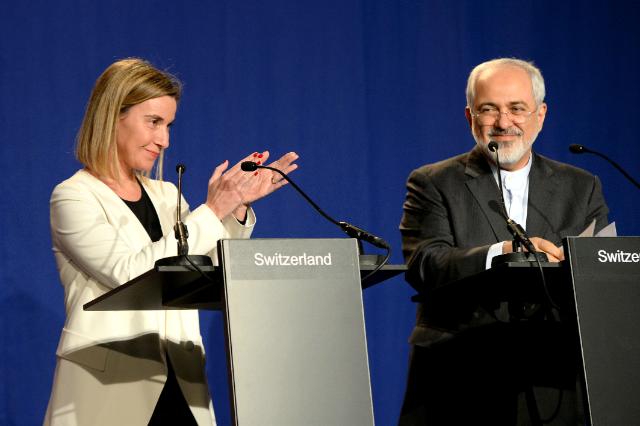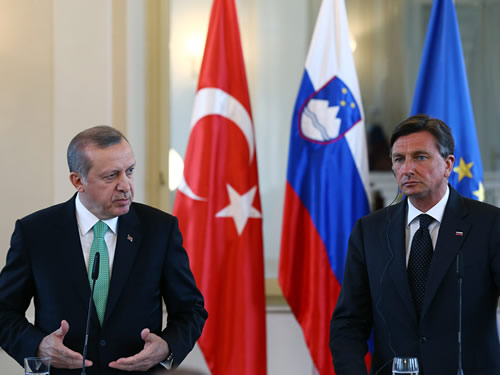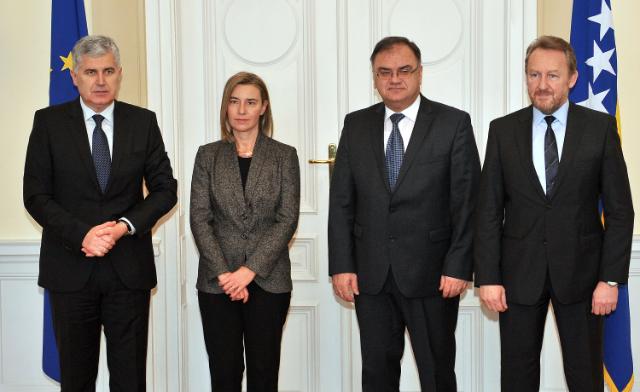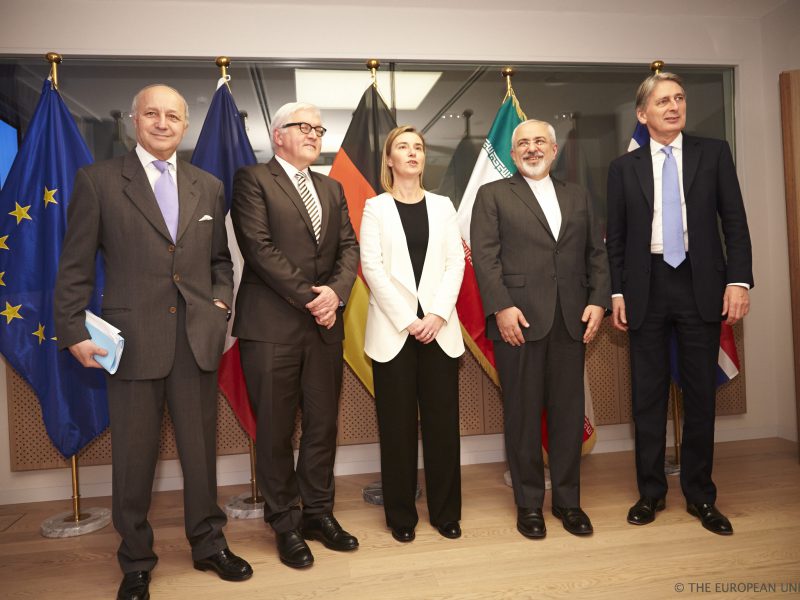European Commission introduces “Agenda on Migration”
On Wednesday, 13 May, the European Commission unveiled its highly anticipated plan to deal with the increasing number of migrants trying to reach the European shores. The long-awaited European Agenda on Migration made waves in the media with its system of immigration quotas and proposal for military action in the Mediterranean. The “immediate action” called for by the Commission establishes a set of measures to deter and dismantle traffickers’ networks, while also distributing the burden of resettling asylum seekers amongst EU member states. More details will continue to be presented on the various proposals, while the package will be discussed by the EU leaders at the upcoming European Council meeting in June

